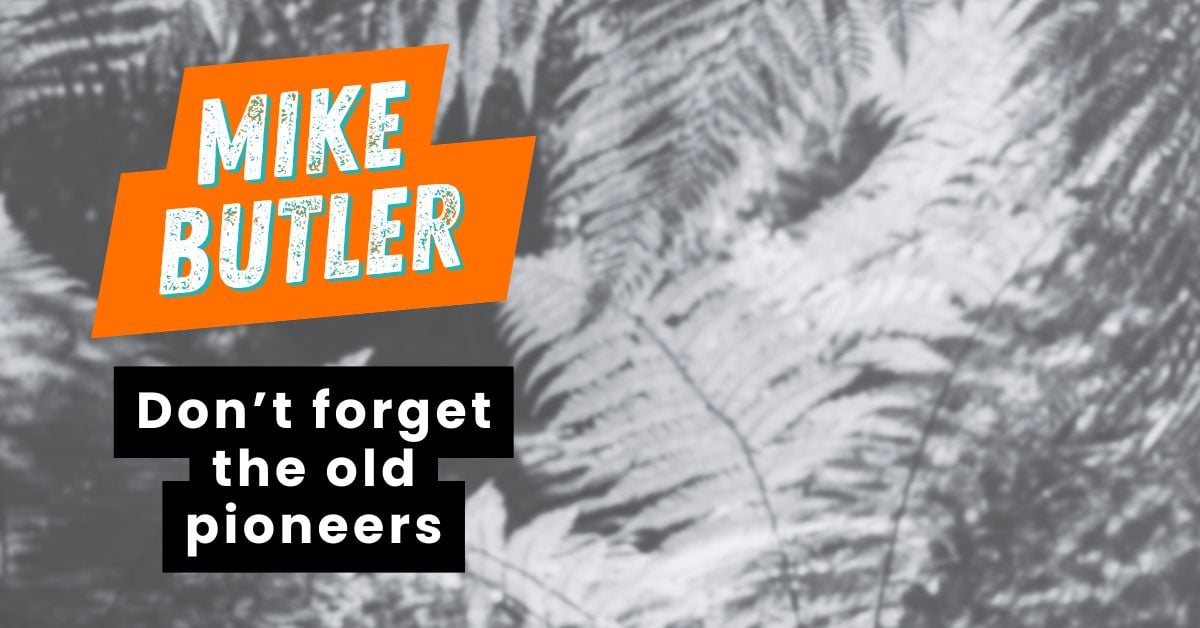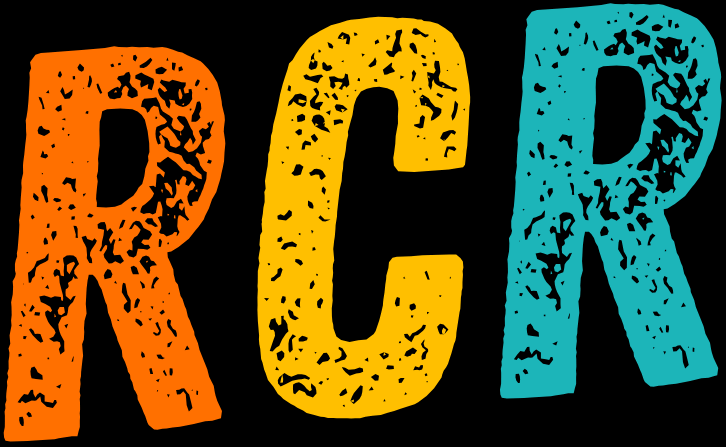
by Mike Butler
The Pioneers – Makers of New Zealand, a new book by writer-publisher John McLean, reminds us of those who built New Zealand, tells how, and explains why their contribution should not be forgotten.
McLean descends from an unusual pioneering family of Scots who did a double migration, first to Nova Scotia in 1793, and then on to Waipu, in Bream Bay, Northland, in 1854.
The people behind contractors John McLean and Sons also descended from this group. This company built bridges, railways, most of Wellington’s wharves, the entire Auckland electric tramway system, as well as the early stages of the Otira Tunnel under the southern Alps, starting in 1907.
Direct quotes from pioneers bring to life his latest story of those early days, when men, sometimes couples, travelled all the way from England, Scotland, or Ireland, to get in on the ground floor of a new colony.
Attracted by the lure of wealth, cheap land that they could own, the safety of British law, and the familiarity of British culture, they, often unexpectedly, found themselves faced with the daunting task of having to clear dense native bush before they could build shelter, let along plant anything.
Sometimes the forest was so dense there was not even enough room to swing an axe.
Without government welfare, and without money to make the long trip home, mostly to nothing, most pioneers had no option but to do keep going until the hut was built and the farm planted.
In a nutshell, “no other option but carry on” is the pioneering spirit.
That early energy and determination began to fade in the children of the pioneers, at the turn of the century, prompting Lord Ranfurly to say, in 1904, that “the people of the colony were growing too fond of going to the government for everything and were raising children that were unfitted for a pioneering life”.
“The king hit to the pioneering qualities of enterprise, hard work and self-reliance came with the introduction of the welfare state by the first Labour government which took office in 1935,“ Mclean wrote.
His close look at reactions to arrival in a new land, their houses, food, cooking, drink, clothes, transport, religion, social and sporting activities, their effect on the environment, and the origin of the towns, among numerous other chapter headings, sheds light on the culture that the descendants of British early settlers have that seems invisible but which is omnipresent.
For instance, the habit of a Sunday roast that came with the pioneers had become a feature of life in Britain as the main meal of the week that was slow cooked while the family went to church, ready to be eaten when they returned home.
The forebears of the sparrows on your lawn were introduced to counter voracious caterpillars that invaded from the virgin bush to eat every blade of new sown grass.
Whiskey, beer and cigarettes, racing, cricket, rugby all came with the pioneers.
McLean shows that relations between pioneers and Maoris were mainly of mutual benefit, except for when some tribes rebelled in some areas in the 1840s and 1860s.
The military response to those rebellions led to the creation of military towns including Hamilton, Cambridge, Pirongia, and Kihikihi, numerous redoubts (settler forts) signposted as historical reminders, as well as extensive land confiscations in parts of the North Island as a consequence of insurrection.
McLean’s easy-to read third book on the New Zealand pioneers will rekindle in those of us with forebears who came here early a renewed understanding and respect that may have been sidelined as unacceptable, or which may have just drifted away with the passage of time.
The Pioneers – Makers of New Zealand, John McLean, Winter Productions, 256 pages, illustrated, is available from independent bookshops or www.trosspublishing.com
